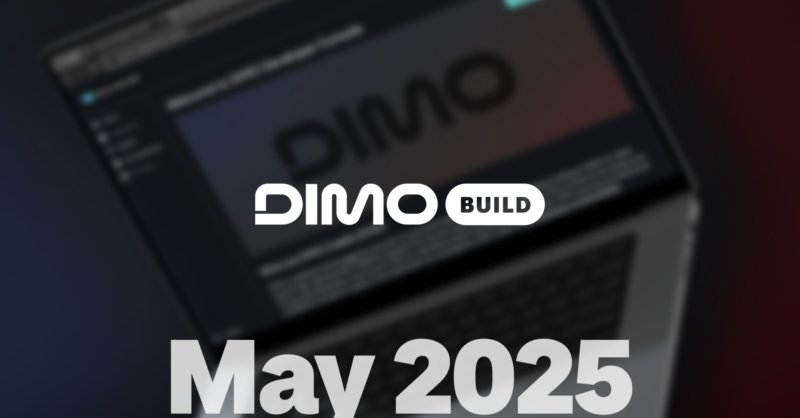Akash Network (AKT) Poised for New Highs Amid Bullish Momentum

The Akash Network (AKT) is currently making headlines as it approaches a significant milestone in the cryptocurrency market. Trading at around $4, AKT is nearing a billion-dollar market cap with a current valuation of $994 million. Over the past week, the altcoin has experienced a remarkable surge of nearly 50%, igniting discussions about its potential to reach a new 52-week high of $8.31. Analysts are closely monitoring the price action, particularly after a notable breakout from a falling wedge pattern, which has resulted in a 100% return from its previous low of $2.
Technical indicators suggest a strong bullish momentum for AKT. The price has surpassed the 50% Fibonacci retracement level at $3.60 and is currently trading above the 200-day exponential moving average (EMA). This bullish trend is further supported by the potential for a golden crossover between the 200-day EMA and the 50-day EMA. Recent trading sessions have shown a significant intraday surge of 22.73%, forming a bullish engulfing candle that indicates strong buying pressure. The MACD indicator also reflects this positive trend, marking the third consecutive week of bullish momentum, which raises expectations for continued upward movement.
Looking ahead, if the Akash Network maintains its current trajectory, analysts predict that the price could reach $6.19, paving the way for a potential breakthrough above the $6.85 mark. Fibonacci projections suggest that if this level is surpassed, AKT could aim for targets of $8.31 and even $12.09. While the bullish sentiment is strong, experts caution that minor corrections could occur, providing opportunities for consolidation before further upward movements. Overall, the Akash Network’s future appears promising as it gains traction in the cryptocurrency space.
Related News





